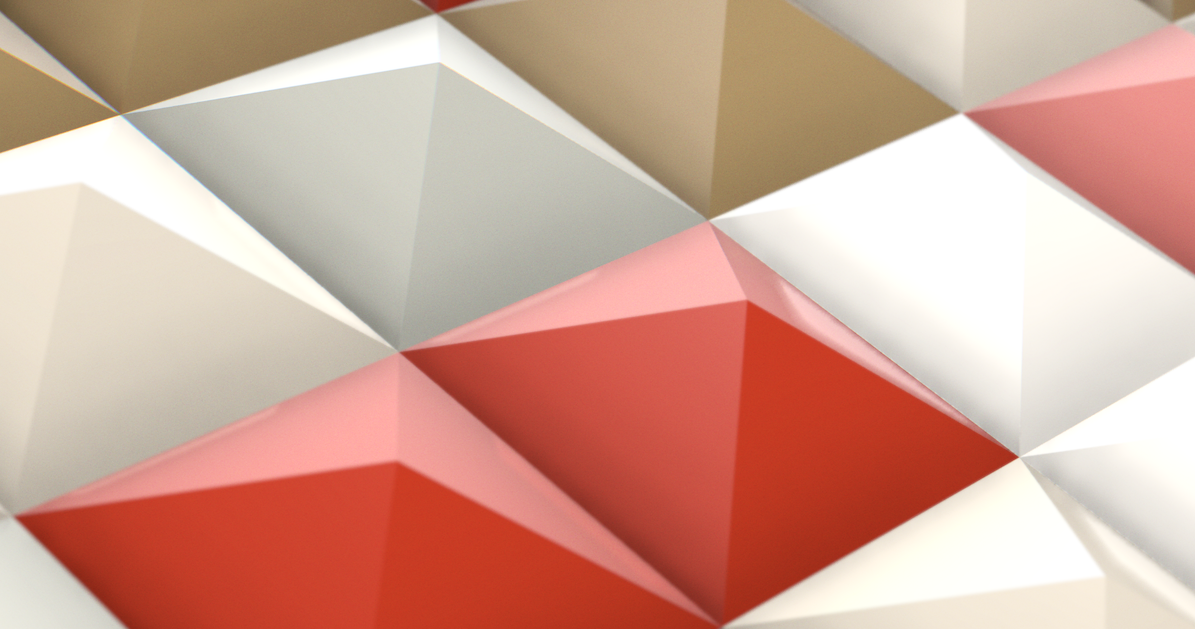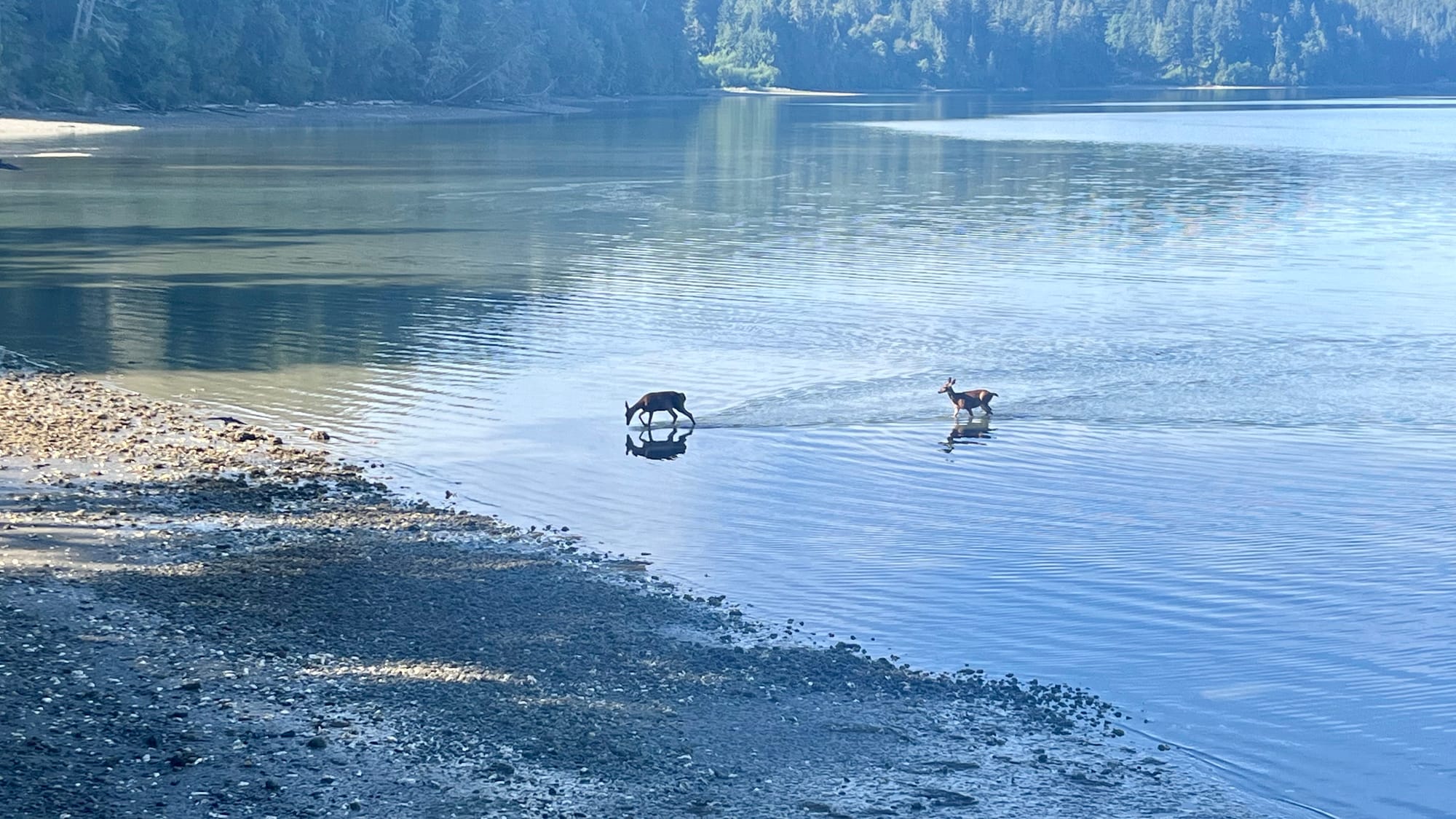Being a hearing-impaired person whose job is to listen. Quiet, noise & rest.
Quiet isn’t. Here’s what I mean:
You write sitting in the back garden, where the barest breeze is enough to rustle the limbs and leaves of the fruit trees, to raise a little hiss from the tall grasses, and to awake a larger, fuller breathing from all the trees beyond. You hear the chittering of birds jockeying for position at the feeder, or the occasional squabble of gulls or crows. A fence gate clacks, a vehicle revs, an airplane passes low on its return to base. You hear the sound of your fingers hitting keys on the keyboard, even though you use the quietest keyboard money can buy. You hear your breathing and the rustling of your linen shirt. You hear your teeth grinding, which is how you know you’re lost in thought.
That’s quiet. It’s active, it’s noisy, it never stops. Even in a perfectly still, empty house there is an ongoing tumble of things to hear.
But—there’s something else entirely. Take out your hearing aids, set them aside. So much drops away. The breeze becomes a pattern of pressure and temperature on your skin, in your hair. This is the real silence, the silence that opens up once you shut down all the hissing, buzzing quiet. For a little while, you don’t have to worry about how much work it is to listen to people. You don’t have to adjust position, posture, device settings at the beginning and end of every single conversation, forever. You can unhook the 20% of your awareness that is held to listen for voices, always standing by to begin the energetic work of listening.
Being tired
I am usually tired after a day of work—especially onsite—because listening to people is hard.
- On the one hand, I love listening to people, because people are interesting, and listening is one of the best ways to learn about them (the other best way is watching). And my whole thingy of reducing suffering and wasted effort across an organization depends on getting people to speak with one another.
- On the other hand, listening to speech is something that so far as I can tell comes easily to most people, but is a lot of effort for me. Reading is easy. Listening is hard. That’s just the way it is.
Being lucky
I’m lucky that I was born where and when I was, and to be part of a supportive family with resources. I started using assistive technology when I was a toddler. The pile accumulates and updates as I age: fewer knobs, more touch-screens. My first hearing aids were unlovely wasp-like devices to catch and boost sound in delicate little curves mirror-matched to my hearing loss. Machines for converting an expensive, wasteful heap of disposable batteries into speech, music, the clatter of life. Over the decades the hearing aids have become accessories to everything else—to the car, to the computer, to the iPad. My iPhone doubles as a discreet little roving mic to pick up what you’re saying in that noisy cafe. You put your phone on the table for whatever reason. I put my phone on the table to hear what you say.
Being a talking animal
As a child I read Carl Sagan’s “Cosmos”:
We are the local embodiment of a Cosmos grown to self-awareness. We have begun to contemplate our origins: starstuff pondering the stars; organized assemblages of ten billion billion billion atoms considering the evolution of atoms; tracing the long journey by which, here at least, consciousness arose. Our loyalties are to the species and the planet. We speak for Earth. Our obligation to survive is owed not just to ourselves but also to that Cosmos, ancient and vast, from which we spring.
I read Albert Camus’ “The Myth of Sisyphus”:
At this point of his effort man stands face to face with the irrational. He feels within him his longing for happiness and for reason. The absurd is born of this confrontation between the human need and the unreasonable silence of the world. This must not be forgotten. This must be clung to because the whole consequence of a life can depend on it.
For most of my life, I thought this was the project: to obliterate the silence of the world, offensive in its mere presence, by filling it up with speech, and to use speech to do good things. To speak for the earth, since (after Rorty) the world does not speak, only we do.
Being comfortable
In 2022, I sat a silent meditation retreat for a week, my first time practicing at that duration and intensity. It was an important experience, and I also complained about it a lot. The first day or two or three I really struggled as I found myself alone in our very quiet family cabin. The longer I sat the more noisy and rattly it all became. At a certain point I pulled out my hearing aids and that made all the difference. I could rest.
The silence I expend so much effort and money to dispel became exactly what I now wanted to sit with. I couldn’t hear the daily chants or the heart sutra with my friends in the Zoom sangha, but that was OK—I knew what we were saying. On that retreat I realized how much work I put into listening, even when there is no need to hear, or nothing to listen for. That silence produced stillness, and in sitting I fell away from the logics of attainment and progression that had haunted me for decades (and still do).
I used to get deeply unhappy or funky when I couldn’t wear my hearing aids for whatever reason. But these days—here’s my secret—the instant I am alone, out they go. I want the world to be safe and lovely and a place of liberation and flourishing for everybody, and I feel somehow closest to that world when I am in the world of silence. I also want to sit and talk with people and listen to them all day every day—to chat ceaselessly with my friends, to gossip with everyone at work, to learn what my past clients are up to, to listen to one child give an artist’s statement for his most recent tongue-preserver-and-colored-pencil apparatus, or to, at nighttime, listen to the other child practice his violin, or to Liana singing and playing guitar.
They say the body is a city with nine gates.
Two of mine happen to be a little finicky.
I truly believe that if I could begin again at life with a body that could hear better, or more typically, I wouldn’t go for it. While I might have an easier time and have fewer large out-of-pocket expenditures, I just don’t know what it’d be like to live in the world of hearing. It’s a wonderful place to visit. But the world of silence is where I began and where, I think, I will end. It’s the underlying fact of my life. And I have a good life; I do good work.
It’s on that basis I embrace disability, and my disability, and—this month—disability pride.
Happy birthday to the ADA.
July 2, 2025: Edited to add the following dismal 2025 coda. ↓
Dismal 2025 coda
As I revisit this piece from 2023, I stand by everything in it.
But a few updates are in order:
- In 2024 I was lucky enough to do another week-length silent retreat and reconnected with that deep silence. I am so grateful for that experience.
- Just last month, in June 2025, I paid cash out of pocket for newer, fancier hearing aids. Rule-making by Joe Biden’s FDA increased the range of options available to me and dramatically decreased my costs.
- And as I write these words on July 2, 2025, Republicans in the US Congress are scrounging together the remaining votes they need to pass the ‘big beautiful bill’ containing (in addition to every other awful thing) numerous specific attacks on services, protections, and basic health care for people with disabilities. This is a particularly intense moment in that regard. But today, this week, this season, is also part of their larger, ongoing project of excluding, denationalizing, and dehumanizing anybody that doesn’t fit into their specifically chicken-hearted, incoherent Christian Nationalist nightmare vision. It is in this context that we celebrate Disability Pride Month this year.





